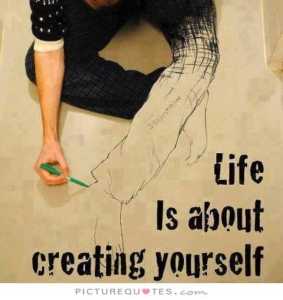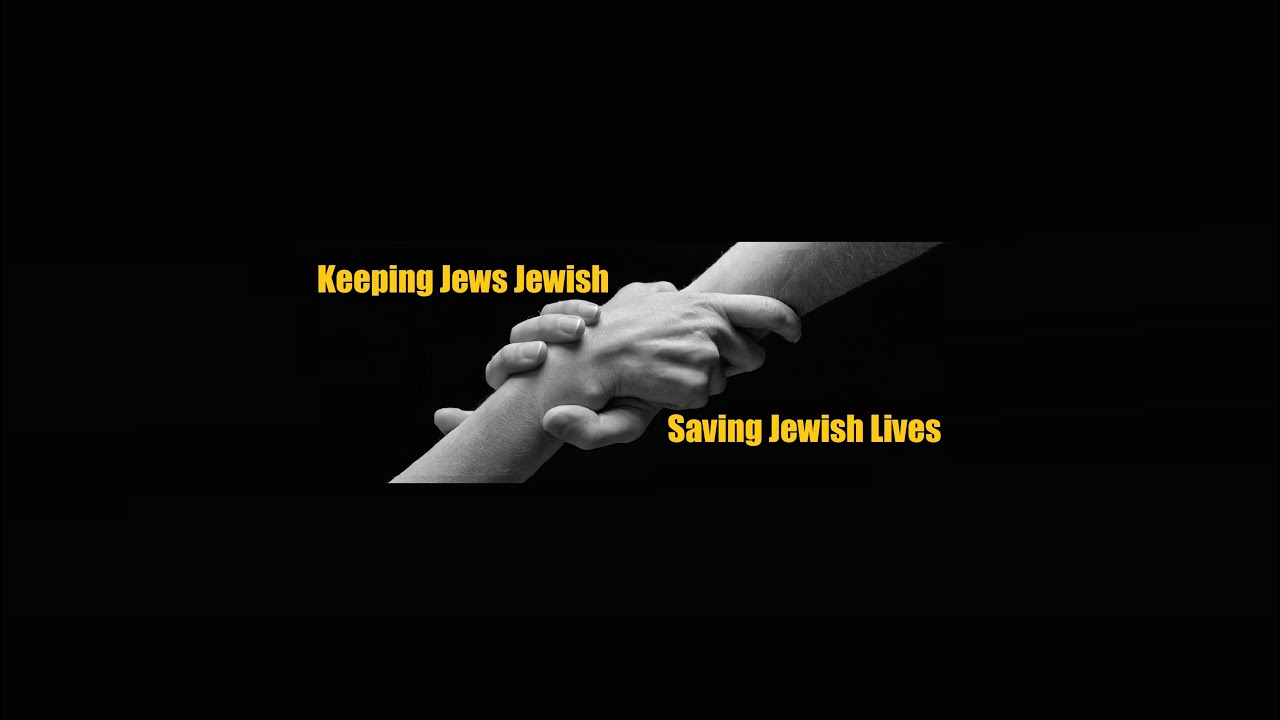 “If you will follow My decrees and observe My commandments and do them…” (Leviticus 26:3)
“If you will follow My decrees and observe My commandments and do them…” (Leviticus 26:3)
Our sages point out two noticeable things about this opening phrase in this week’s Torah portion:
(a) The last few words seem redundant. If you are observing God’s commandments – it is clear you are doing them.
(b) The Hebrew word for “them” is OTAM. However, because the Torah scroll has no vowels, it can be read as ATEM, meaning “you”.
This is especially true here where the word OTAM is missing the letter “vav” which would clarify that it should be read as OTAM.
The Midrash Rabbah, therefore, suggests a profound insight alluded to in this verse. The word here for “do” (v’ah’see’tem) also has the meaning of ‘to make’. (This is the same word that the Torah uses for the creation of man: Let us make, na’aseh, man). Because OTAM can be read as ATEM, the phrase “do them” can be read as “make you!”
Therefore, according to the Midrash, when we follow God’s decrees and observe His commandments – we are making/creating ourselves! The Torah is the spiritual nourishment provided by God for our souls that shapes and develops who we become.
The Baal Shem Tov takes a similar approach to the Torah’s account of the creation of human beings. On the sixth day, God says, “Let us make man in our image…” (Genesis 1:26). Readers of the Bible wonder who God is addressing here. One approach taken by the classical commentators is that the text here employs the plural of majesty – where a king or ruler speaks in the first person plural. Another approach is that the Almighty is consulting, so to speak, with the angels of the heavenly realm.
The Baal Shem Tov explains that while God was able to create everything else unilaterally by simply declaring, “Let there be…” – it was not possible to create man like that. God could give human beings their raw ingredients, their body and soul. But what each human becomes depends on what they do with those raw ingredients. So when God says: Let us make man – He is speaking to each human who will ever live. God is saying to each of us: Let us, you and I, create you! Ultimately, each one of us will be deeply involved in the creation of our selves.
This is why, according to R’ Yosef Albo, that the creation of man is not followed by the familiar refrain, “And God saw that it was good.” Everything else in creation was fully formed and complete. The human was not made complete – we have to complete ourselves.


